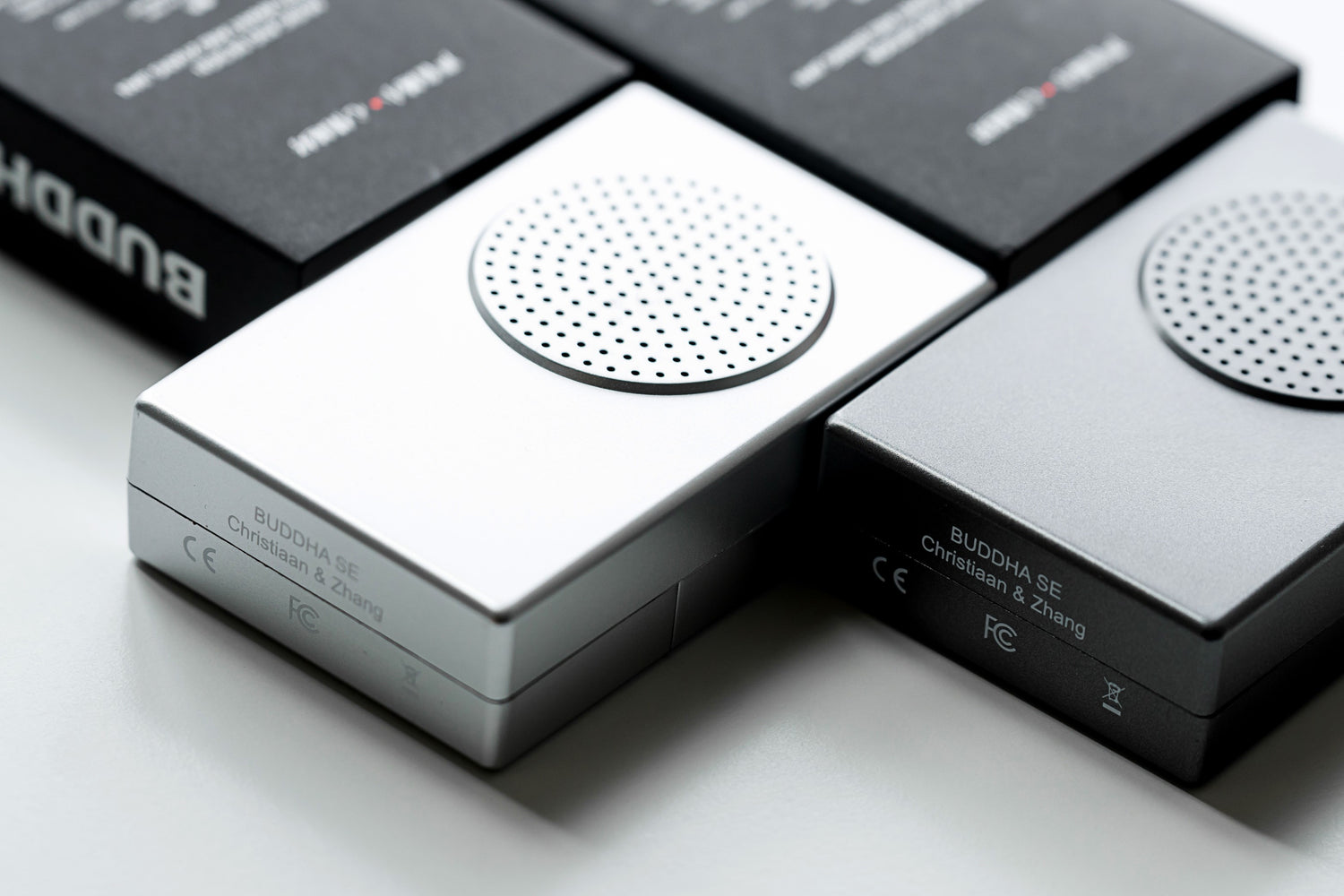Collection: Born Bad
No products found
Use fewer filters or remove all

FM3 'BUDDHA MACHINE SE 2024
FM3 proudly presents the Buddha Machine SE. This special edition, will be available beginning May 2024 in two sleek metallic colors — Silver and Graphite.
